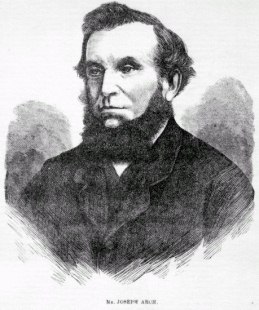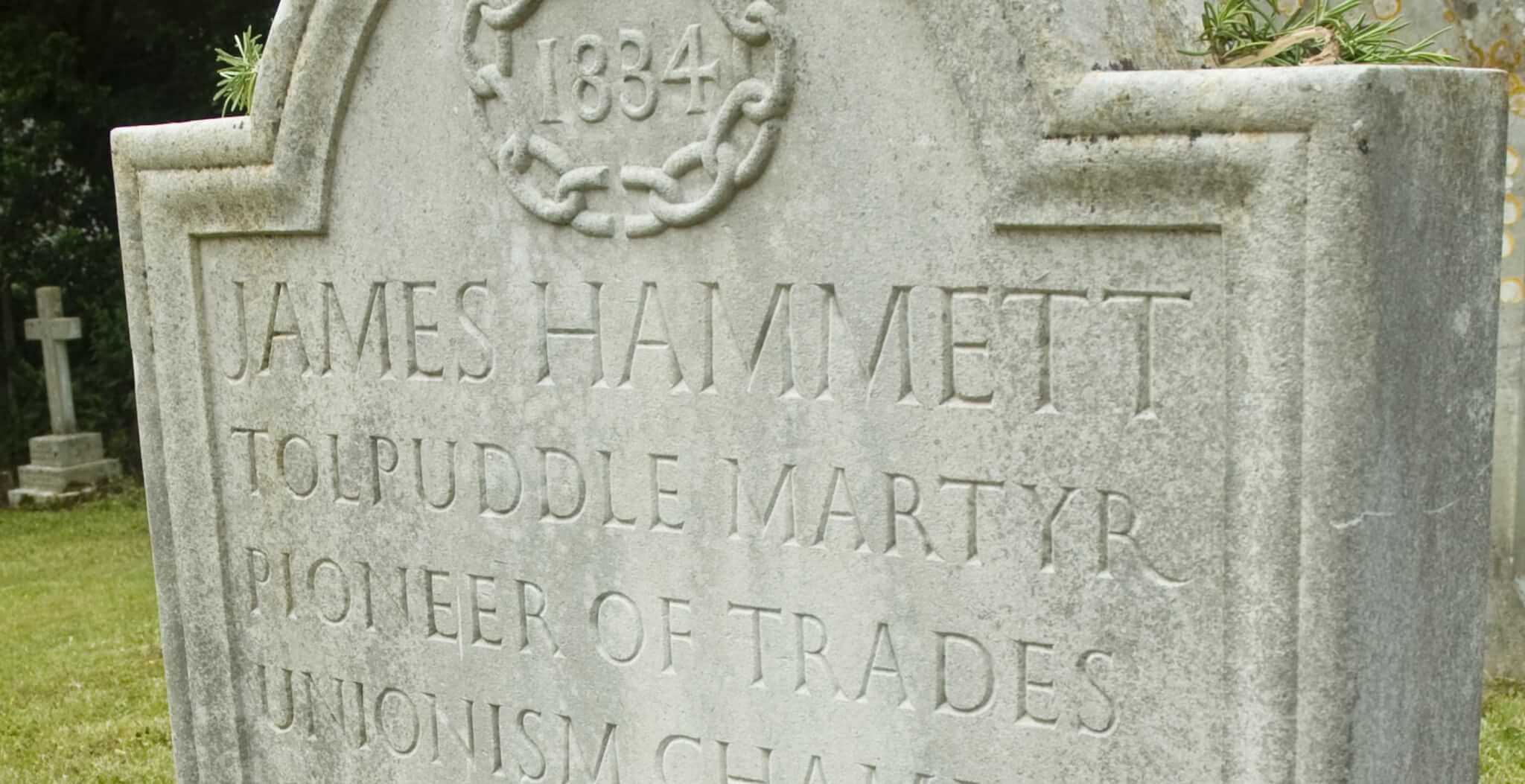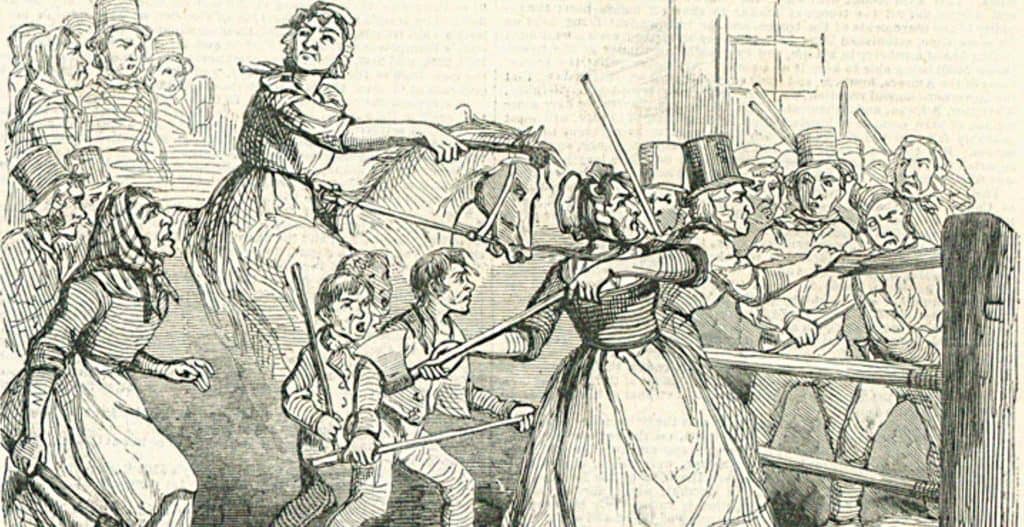Most people have heard of the Tolpuddle Martyrs but how many know about the Ascott Martyrs? These were 16 indomitable women of a little known village in Oxfordshire.
In 1873, 16 women of Ascott-under-Wychwood were sent to prison for the part they played in the founding of the Agricultural Workers Union. The newspaper in 1873 printed the story under the heading, “Rioting in Chipping Norton”.
A Mr. Hambridge of Crown Farm, Ascott sacked his men who had joined the Agricultural Workers Union and then employed men from the neighbouring village of Ramsden to do his hoeing.
The Ascott women stopped the Ramsden men from working and tried to persuade them to join the Union. The women were taken to Chipping Norton and charged with obstructing and coercing John Hodgkins and John Miller with a view to inciting them to leave their employment on the 20th May. Two magistrates conducted the trial, Rev. T. Harris and Rev. W.E. Carr. The women were not defended by counsel. The farmer was asked by the magistrates not to proceed with the prosecution, but he refused.
The ringleaders were sentenced to imprisonment with hard labour, seven of them for 10 days, and nine of the women for 7 days.
By 9 pm. that evening a crowd of 1000 infuriated people were swarming around the Police Court. They tried unsuccessfully to rescue the women and broke street lamps and windows, the violence continuing until 11 pm.
The women were kept in two dark rooms until 1 am. an hour after the crowds had dispersed. When police reinforcements arrived from Oxford the women were put on four horse-drays and sent on their journey to Oxford Prison. It was a very cold night and the women had no warm clothing, but they did their best to protect their two infant babies with umbrellas. During the women’s absence in prison their children were cared for by kind neighbours and the officials of the Milton-under-Wychwood branch of the Workers Union.

The next day a protest meeting was held at Chipping Norton when a crowd of 3000 was addressed by Joseph Arch. A collection was taken for the women and £80 was subscribed ( £5 in copper)
Questions were asked in Parliament and a personal appeal was sent to Queen Victoria.
The nine women sentenced to 7 days imprisonment with hard labour were:- Martha Moss, age 33, Caroline Moss, age 18, Elizabeth Pratley, age 29 ( She had a child of 7 months), Mary Pratley age 33 ( she had a child of 10 weeks), Lavinia Dring, age 44, Amelia Moss age 36, Jane Moss age 31, Ellen Pratley age 25, Mary Moss age 35.
The seven imprisoned for 10 days were:- Martha Smith age 45, Mary Moss (Smith) age 17, Charlotte Moss age 39, Ann Susan Moss age 25, Fanny Honeybone age 16, Ann Moss age 22 and Rebecca Smith age 25.
 The appeal to Queen Victoria was successful, and the women were pardoned by the Queen and returned to the village where they were considered to have been martyrs for the cause!
The appeal to Queen Victoria was successful, and the women were pardoned by the Queen and returned to the village where they were considered to have been martyrs for the cause!
Queen Victoria gave each of the women a red-flannel petticoat and 5 shillings. Not to be outdone, the Agricultural Workers Union gave each one enough blue silk material to make one dress, plus £5!
Their “ordeal” was not in vain as the Chairman of the Oxford District of the National Union carried out an investigation into the wages and conditions of Ascott farm workers. He found that before the Union, wages had been 9 shillings a week in winter and 10 shillings in summer. Following the founding of the Union branch wages were raised by 2 shillings a week.
On the green at Ascott-under-Wychwood is an octagonal wooden seat encircling the trunk of a chestnut tree. There is a wooden memorial placard that states, ” This seat was erected to celebrate the centenary of the Ascott Martyrs, the 16 women who were sent to prison in 1873 for the part they played in the founding of the Agricultural Workers Union when they were sent ‘over the hills to glory'”.





